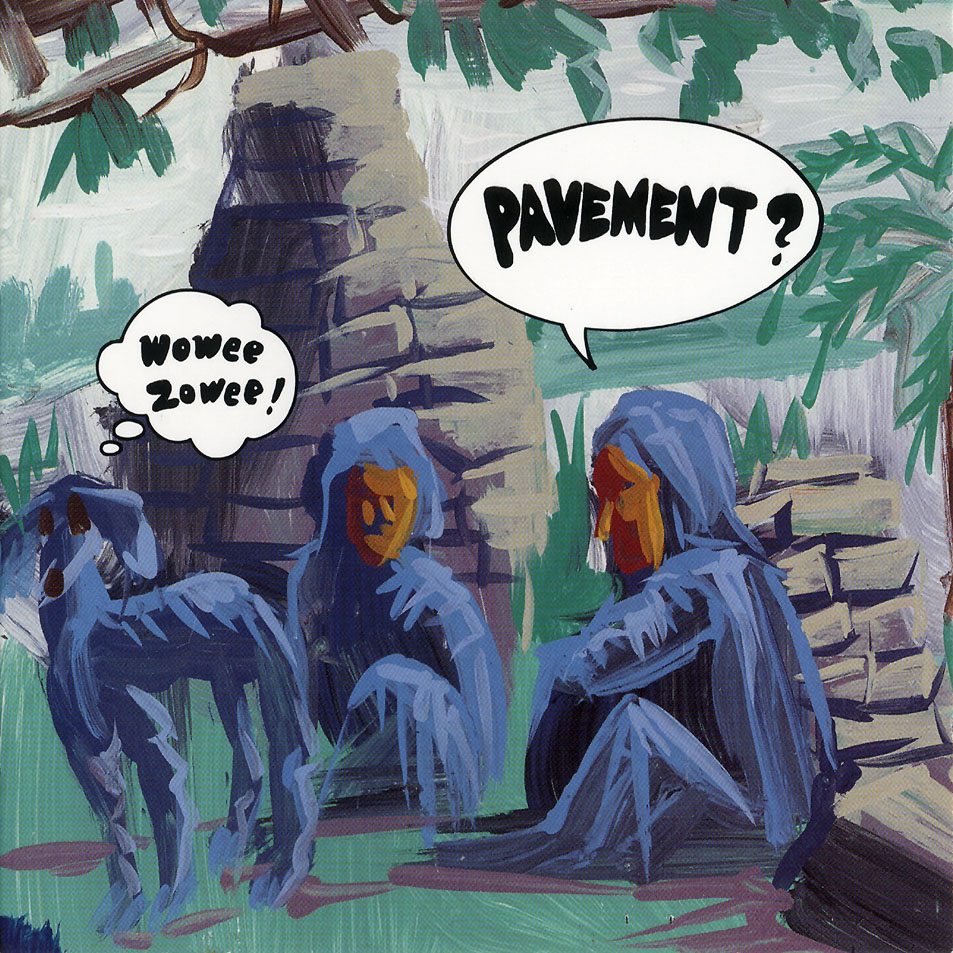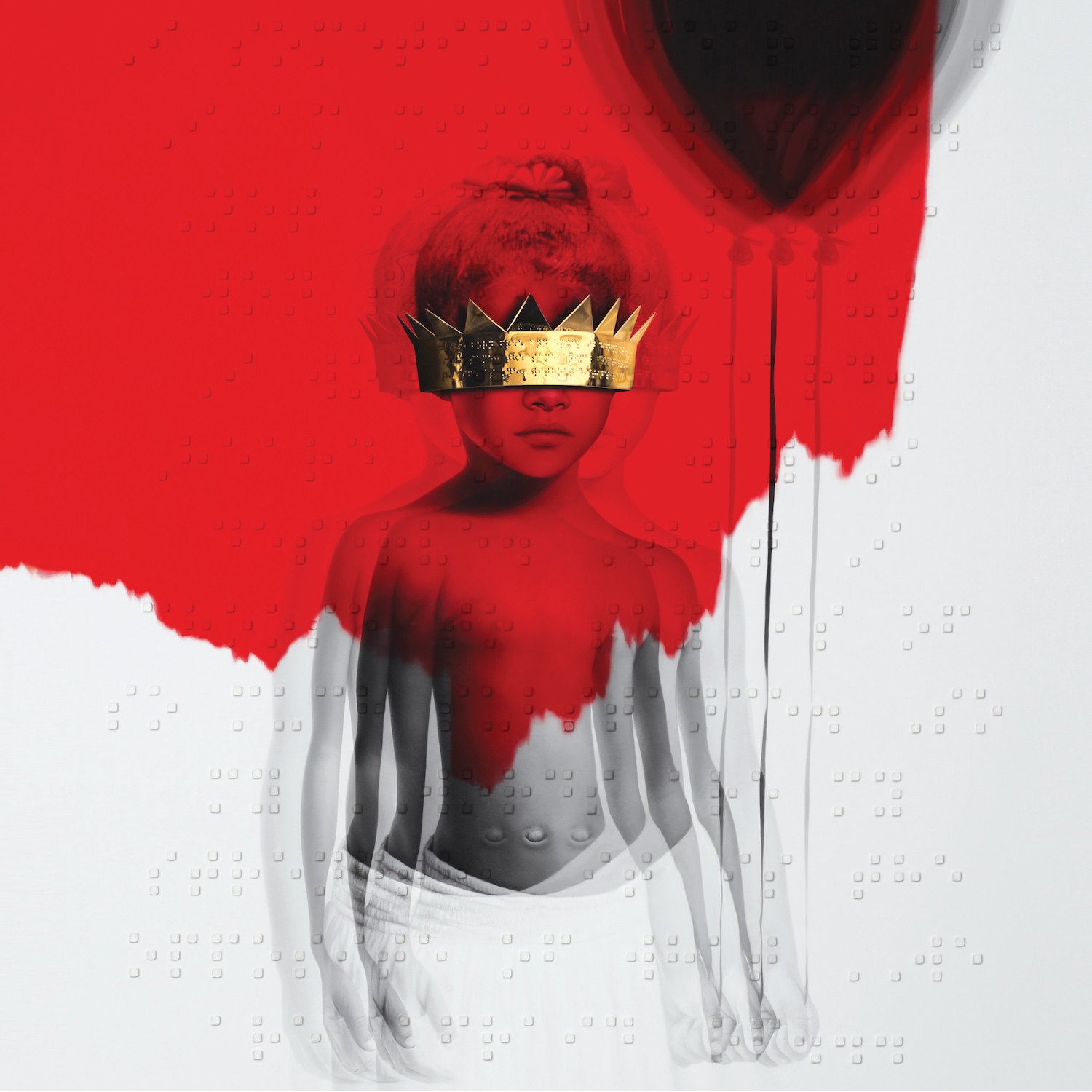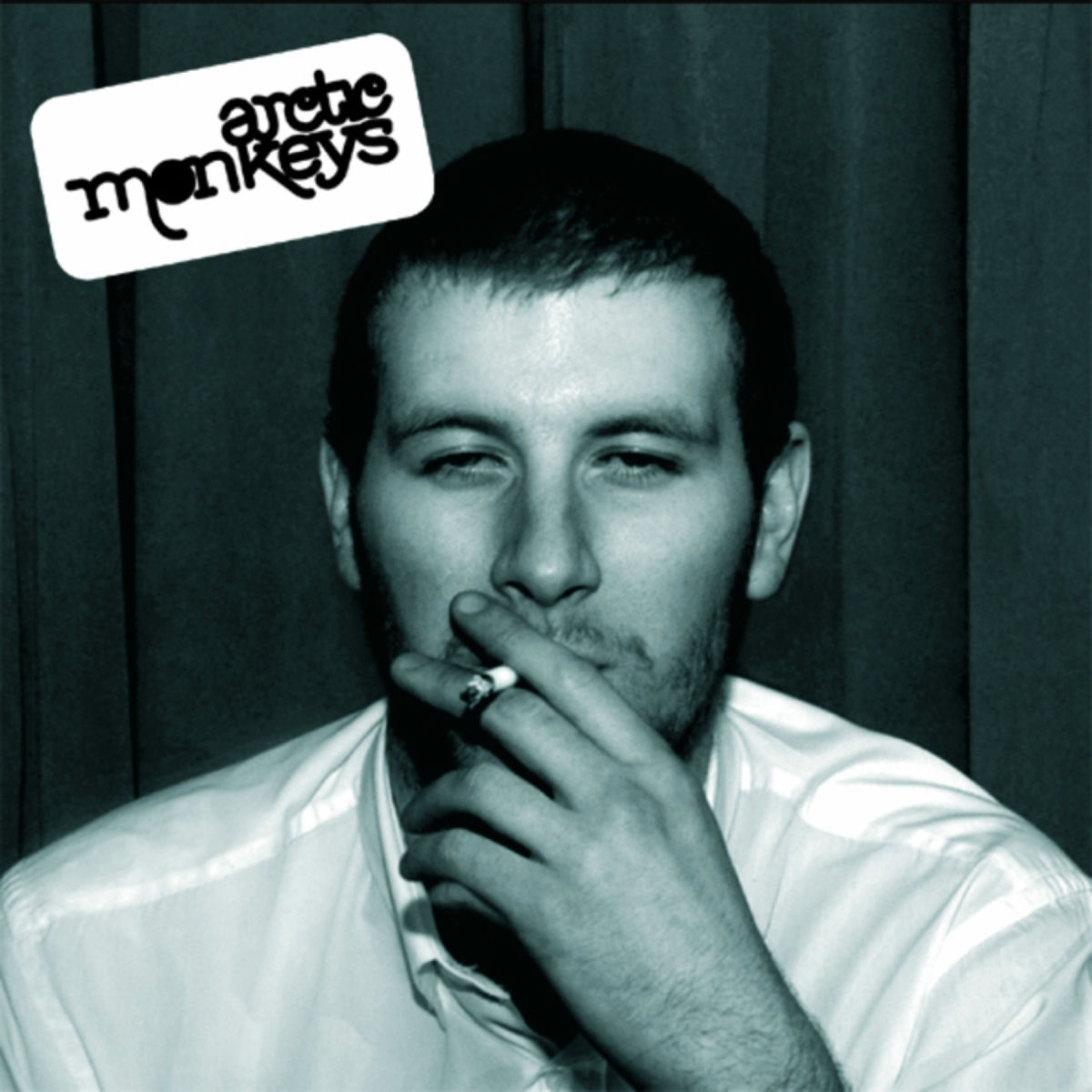Stephen Malkmus has always hated the Pavement/Nirvana comparison, but Crooked Rain, Crooked Rain was Pavement's own twisted sort of Nevermind: the boldest, brightest, poppiest album of their career and the one that got them on the radio, if only briefly. Pavement were never anywhere near as popular as Nirvana, but they had followed a similar path, moving from scrappy lo-fi underground heroes to a sparkling, melodic, radio-ready LP2. And if the gracefully wobbly Crooked Rain didn't quite elevate them to Alternative Nation royalty, it left a lot of listeners wondering if their third album would be just the landmark release they needed to make their case as the band. As Rob Jovanic put it in his Pavement book Perfect Sound Forever, "The industry as a whole watched to see what the next album was going to be like. After all, Pavement had a couple almost-hits, 'Gold Soundz' and 'Cut Your Hair,' and with a little bit more application, who knows where they could be going."
Wowee Zowee, which turns 20 years old tomorrow, was not what many people had in mind, but it arguably sealed Pavement's legend as much as any bid for superstardom would have. The 18-track project's slapdash sprawl was more "White Album" than In Utero, but the function seemed similar to Nirvana's Albini-assisted aggression assault. In hindsight, it's the broadest and most fantastically bizarre record in Pavement's discography and a fitting conclusion to the trilogy of masterpieces that began with 1992's Slanted And Enchanted. But at the time it appeared to be designed to scare away casual fans -- the kind of album you make to assure yourself that you're still an artiste and not a thirsty corporate shill. The album did have a (fantastic) song called "Fight This Generation," and some fans heard the caustically goofy "Brinx Job," with its "We got the money!" refrain, as a middle finger.
That kind of thinking might have been involved, or maybe the Pavement guys weren't thinking about it at all and simply made the weird, wonderful record of their dreams. In Jovanic's book they certainly seemed surprised by the middling reaction, with some fans and critics zealously defending Wowee Zowee while others slagged it off as too oblique and directionless. Personally, I keep coming back to that "White Album" comparison; it drove me crazy a couple weeks ago when a group of friends uniformly shat on the Beatles' double-LP -- a work of complete genius -- and it would drive me crazy if I ran into a self-described Pavement fan who doesn't ride for Wowee Zowee. You trash this album, you might as well trash the band's whole career.
It's worth celebrating, and its highlights are many. "We Dance" hilariously spits at the concept of the epic album opener, Malkmus adopting a fake British accent and spinning poetry even more nonsensical than usual in the context of a mid-tempo acoustic ballad. Lead single "Rattled By The Rush" gives the album a proper kick in the pants; it's an excellent song, but its ambling tempo, disjointed rhythm, and schizoid guitar work assured it would never succeed at radio. "Black Out" tapped into that gorgeous Crooked Rain melancholia, while the glorious "AT&T" sounds like the long-lost bridge between Pavement's Gary Young and Steve West eras. I'm still perplexed about why the triumphantly downcast power ballad "Grounded" was never released as a single; some days I think it's the greatest song Malkmus ever wrote. Even more confusing was Malkmus' decision to release the mid-tempo alt-country rambler "Father To A Sister Of Thought" instead. ("I was smoking a lot of grass," he told Jovanic.) "Flux = Rad" was Nirvana by way of the Fall, and the multi-segmented "Half A Canyon" was a successful if typically skewed attempt at grandeur. "Kennel District" remains the most popular song of Spiral Stairs' career, and for good reason.
Looking for some kind of big picture or a cohesive narrative in this scattershot mosaic is a fool's errand. It's more like the end product of throwing shit at the wall and finding out that not only did most of it stick, the random splatter turned out to be more attractive than most bands' attempts to craft something special. Wowee Zowee was the first Pavement album Malkmus recorded with the whole band, and it has that clubhouse feel to it, the ultimate compendium of inside jokes and substance-fueled curiosities from a band that made a career out of such things. Each track is like a crevice in the band's collective imagination to be explored. Dismiss it as meaningless, empty, and unnecessarily difficult if you must, but I'm going to keep treasuring this album -- and this band -- as monument to camaraderie, absurdity, and the beauty of creation for creation's sake.
[videoembed size="full_width" alignment="center"][/videoembed]
[videoembed size="full_width" alignment="center"][/videoembed]
[videoembed size="full_width" alignment="center"][/videoembed]






